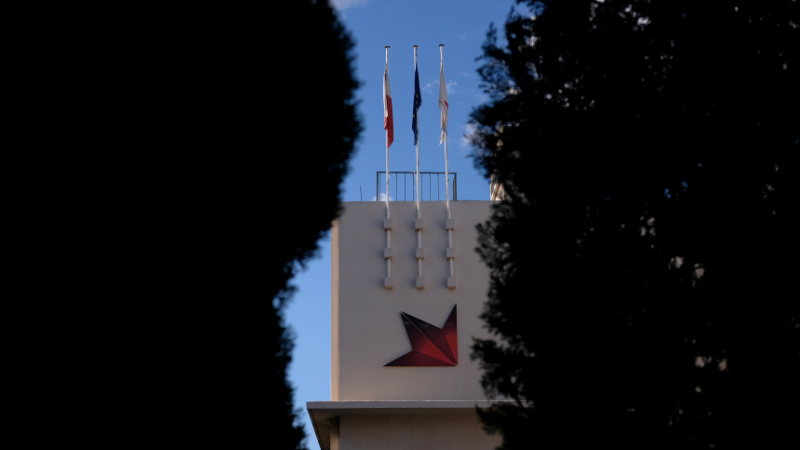A leaked copy of the draft Media Freedom Act is set to include a range of new tools to strengthen the safeguards against state control of public and commercial media through political nominations on oversight boards and covert funding through advertising, issues that are likely to impact Malta’s media landscape.
The draft regulations, published earlier this week by Contexte, aim to address the growing threats to media freedom across Europe, including the insufficient safeguarding of editorial independence, an uneven economic playing field and the fragmentation of the media market.
The proposed Media Freedom Act introduces several policies to safeguard public service media. For example, under Article 5 of the new rules, top executives at public service media outlets, including their heads of management and members of governing boards, will need to be appointed via transparent, non-discriminatory and objective procedures.
Malta’s state broadcaster would therefore have to overhaul the system it currently uses to appoint some of its top personnel.
In June this year, PBS defied the orders of the Data Protection Commissioner to publish details, including names and payments, of the editorial board, as well as the contract of Executive Chairman Mark Sammut. It also refused to give information on the contract and remuneration given to Mark Vassallo, a lawyer who was politically appointed as board secretary of the public broadcaster.
Another important legislative proposal is Article 24, which addresses the allocation of state funding in the form of advertising to media service providers. The initiative will require that public funds, including publicly paid advertising, be allocated to media in a transparent and objective process and that governments, as well as regulators and state-owned companies, will have to publish how much they spend on media advertising every year.
The opacity of how public funding is disbursed between media outlets in Malta remains a thorny issue.
The last time the government announced its plans to allocate €500,000 to help print media cope with the rise in the cost of printing paper, it was merely a press release with a simple statement announcing the decision, devoid of any details and with negotiations held behind closed doors. We don’t know how the government planned to distribute these funds or what criteria it used.
Before that, the problems arising from government funding of the media were already evident when the government offered a direct aid scheme to media houses over and above the COVID-19 wage supplement. An analysis of the eligibility criteria by Lovin Malta concluded that it was party-owned media that benefitted the most, while independent media never disclosed the sums they received.
The government has launched 40 appeals against Freedom of Information requests by The Shift to conceal ministers’ PR contracts and advertising expenditure with Media Today co-owner Saviour Balzan, which the Information and Data Protection Commissioner has ruled should be published. As the Appeals Tribunal rules on each case in favour of the Commissioner and The Shift, the different government departments and agencies are filing a second appeal in court, in a series of cases that place a difficult financial burden on the newsroom.
The EU Commission’s draft legislation also proposes introducing requirements for audience measurement systems and methodologies deployed by relevant market players to avoid distortions in the allocation of advertising revenue. Something which Malta is also currently lacking.
The latest Media Pluralism Monitor report noted that in Malta, “The print market is unregulated, and no data is collected regarding both the market share, as well as circulation and audience/readership numbers. Thus, a thorough assessment of this sector is not possible.”
Several international press freedom organisations have been urging the European Commission to take a more ambitious approach to the European Media Freedom Act (EMFA) to fully defend the freedom, pluralism, and independence of the media. They put forward their recommendations, including safeguarding Europe’s information space from disinformation and propaganda – an issue that came to the fore when the EU mobilised to stem a tide of disinformation from Kremlin-backed outlets like RT and Sputnik at the start of Russia’s invasion of Ukraine.
The European Media Freedom Act will complement the recently adopted recommendation on the protection, safety and empowerment of journalists, the proposed Digital Services Act package, and the initiative to protect journalists and rights defenders from abusive litigation (SLAPP).
The Act is planned for adoption in the third quarter of 2022.













A ray of hope for a free media…not a day too soon!